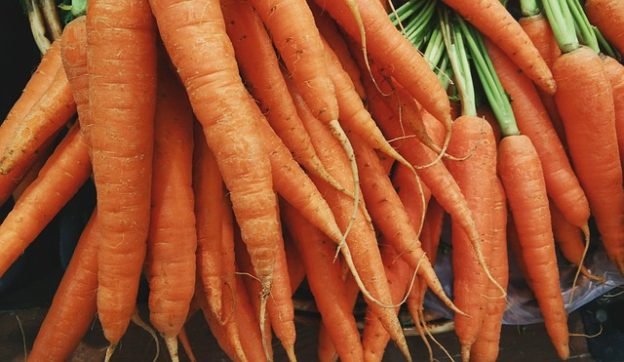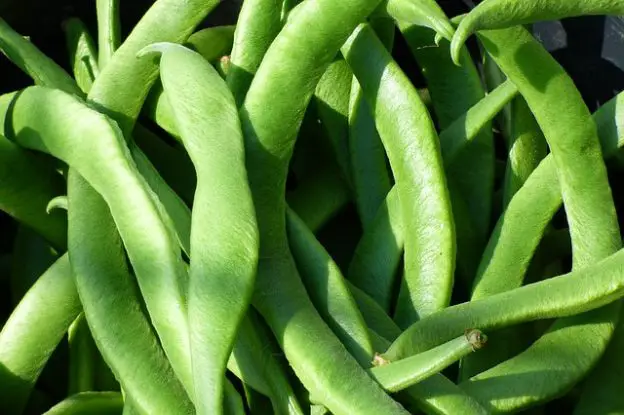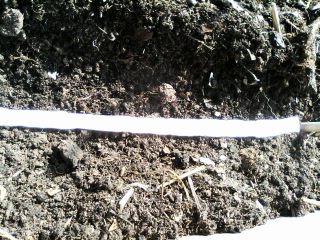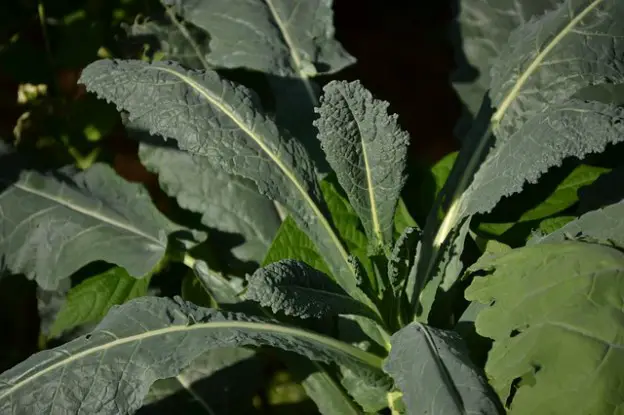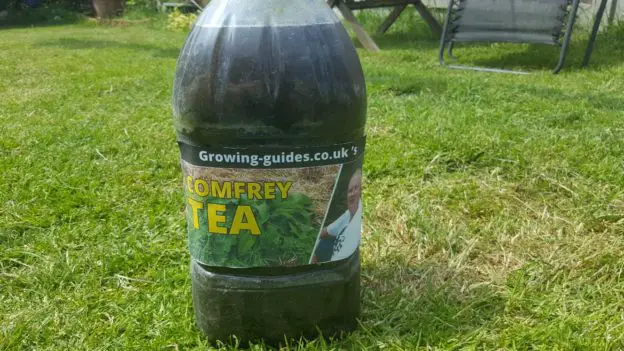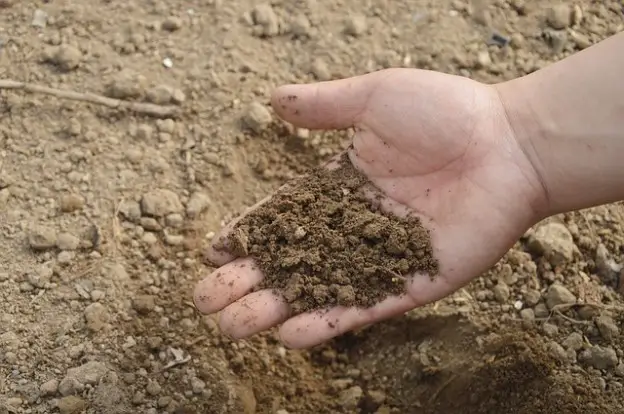How To Save Seed
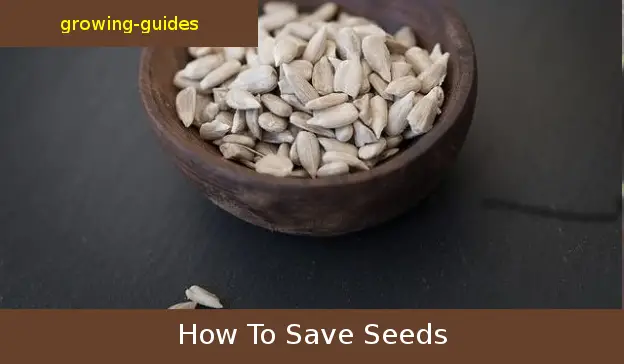
How to save seed Now days vegetable seeds are relatively cheap to buy, but sometimes you want to have the squash that someone has given you and was particularly tasty but you are unaware of its name so this is how to save seed. you will need, A Jar A saucer A sieve A container/bag Step one – extracting seed Take the squash or tomato you wish to save seed from and extract some seeds. Step two – soaking seeds Next place the extracted seed into a jar and add just enough water to cover the seeds. Replace the lid… → Read More

